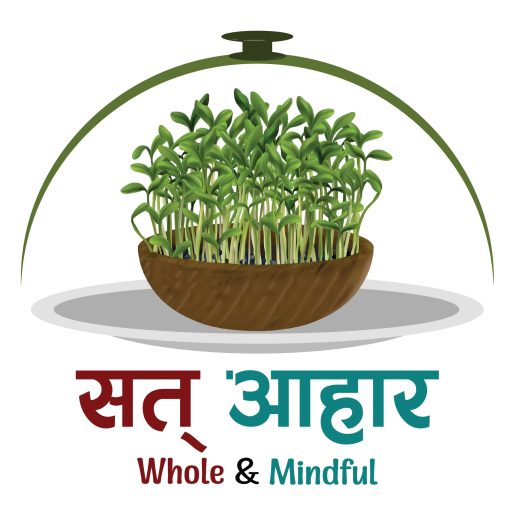Welcome to Sataahar!
सत्आहारमा स्वागत छ!
Evidence-based nutrition science in simple words!
Your go-to destination for evidence based nutrition and health tips designed for the Nepalese lifestyle. We simplify plant-based and vegetarian diets while exposing myths around them.

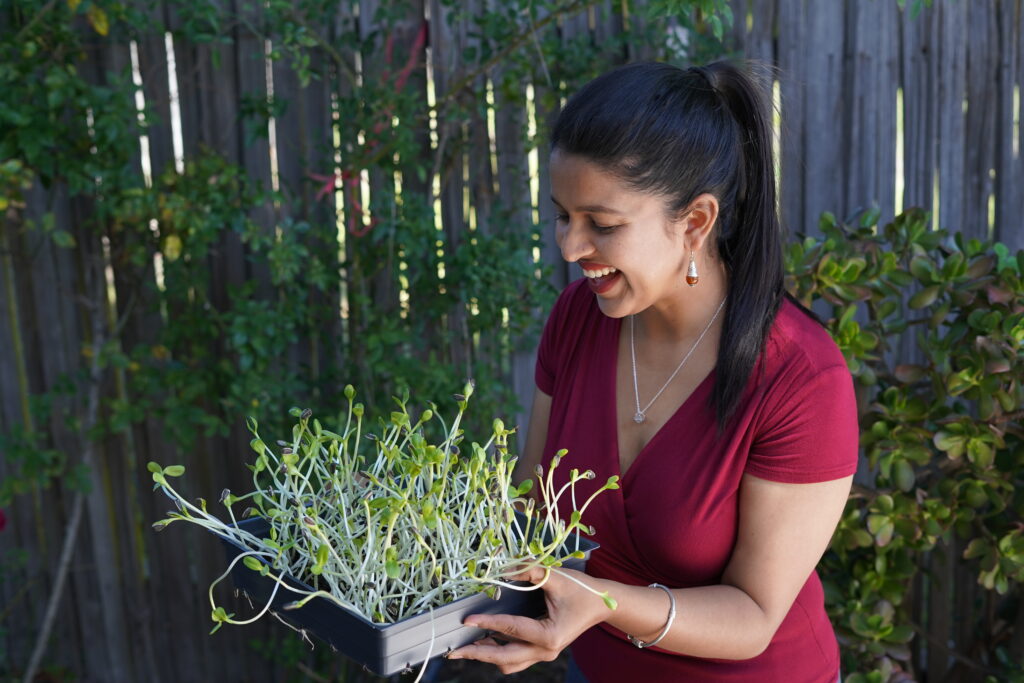
In a world often influenced by myths, cherry-picked information, and rampant misinformation about health and nutrition on social media, we rarely take the time to fact-check. Sataahar aims to change that by providing objective and trustworthy insights.
We’re here to show that adopting a vegan lifestyle is not only feasible in Nepal but also budget-friendly. Unlike what we often hear, It is entirely possible to achieve great health, a sustainable environment, and a compassionate lifestyle simultaneously.
Let us begin on a journey together to improve the health of ourselves, our planet, and our fellow species!
Tailored nutrition and health tips suitable for Nepalese lifestyle.
Simplification of plant-based and/or vegetarian diet.
Exposing myths around vegan or plant-based nutrition.
When I first decided to go plant-based, I encountered a challenge: most of the nutritional information found on the internet was simply not applicable to Nepalese people.
Our agricultural production system, dietary habits, food availability, and overall food system & much of the advice was irrelevant.
So, from exploring traditional ingredients to promoting nutrition security and budget-friendly plant-based meals, we’re here to help you make informed choices for your well-being and the planet.
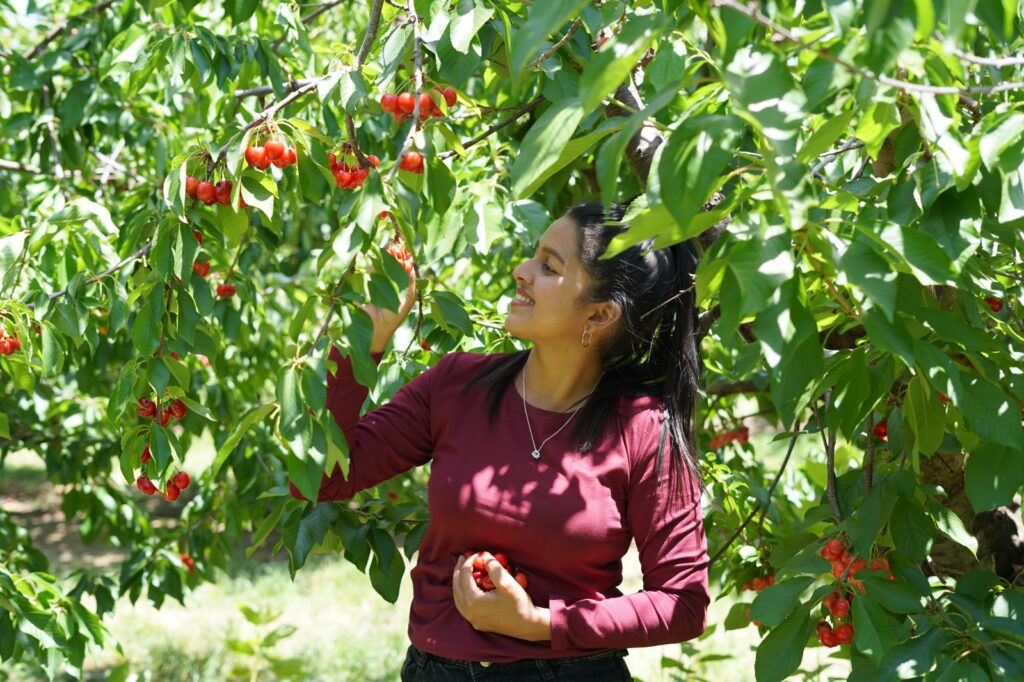
Recent Articles
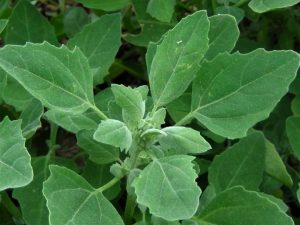
Non Dairy Veg Sources of Calcium
Among all the grains, three stand out here- Amaranth, Finger Millet and Teff! The Nepali names of the first two are “Latteko dana’ and ‘Kodo’ or ‘Ragi’!

Best Way to Eat Nuts to Get the Maximum Benefits
Nepalese, primarily Hindu Nepalese, mostly eat nuts during ‘Bhaitika’ as our ‘Bhaikhaja’ must have a variety of nuts such as walnuts, almonds and cashews.
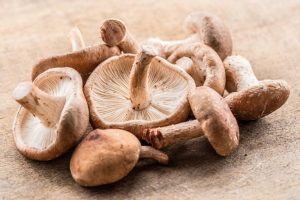
च्याउमार्फत भिटामिन डि कसरी पाउने ?
घाम देख्न पाएका या सुर्यको अल्ट्राभायोलेट किरणको सम्पर्कमा आउन पाएका च्याउहरूमा मात्र भिटामिन डि पाइन्छ । तर च्याउ त अध्यारोमा उमारिन्छ, फलाईन्छ, घाम कहाँ देख्न पाउँछ त भन्ने प्रश्न आउँछ ।
What Sets Us Apart?
Sataahar is more than just a place of nutritional knowledge—it's a call to action, an invitation to join us in fostering holistic well-being, environmental stewardship, and compassion for all beings.
Together, let's forge a path toward a brighter, healthier future for ourselves, our communities, and the planet we call home. Come, join us on this transformative journey, and let Sataahar be your trusted companion in nourishing your body and mind.

FAQs
Well, any dietary pattern that fulfils your physiological and emotional needs! Sataahar focuses more on plant based diet which is not just good for your body and mind also also for the environment we live in.
In that both avoid meat, dairy, and eggs, a whole-food plant-based (WFPB) diet is similar to a vegan diet. However, WFPB, takes it a step farther by allowing you to eat closer to the plant, their closest natural forms.
Plants! Pulses and legumes, nuts and seeds, whole grains, tofu, tempe etc. The list goes on!
You are in the right direction. Go slow, be informed. and make a lasting change.
भिगन भोजनशैलीलाई सामान्यतया नेपालीमा विशुद्ध शाकाहारी भन्ने गरिन्छ तर ‘शाकाहार’ ले ‘आहार’ लाई मात्र जनाउँछ । भिगन हुनुको तात्विक अर्थ अहिंसाको बाटो पछ्याउनु हो, चाहे त्यो खानामा होस्, लुगामा होस् या अन्य उपभोग्य सामग्रीमा होस् ।
Living close to nature, eating plant based foods, not wasting foods (and other stuff), treating every creature with respect is sustainable in every and any way. Accumulated research and evidence has clearly shown that the meat and dairy throughout their supply chain largely contribute to climate change, deforestation and land degradation. Reducing this resource intensive production and dietary pattern and replacing with plant-based diets, which include fruits, vegetables, grains, and legumes is clearly beneficial to the environment. See yourself what acclaimed authorities have said.
“Animal products, including meat and dairy, in general demand more resources and create more greenhouse gases than plant-based alternatives,”
-UN Environment Program Research (https://www.resourcepanel.org/reports/assessing-environmental-impacts-consumption-and-production).
“a dietary shift toward plant foods and away from animal products is critical for enhancing planetary health. Vegan and vegetarian diets were associated with the biggest reductions in greenhouse-gas emissions in the future.”
-Lancet (2019) (https://www.thelancet.com/journals/lancet/article/PIIS0140-6736(18)31788-4/fulltext)

